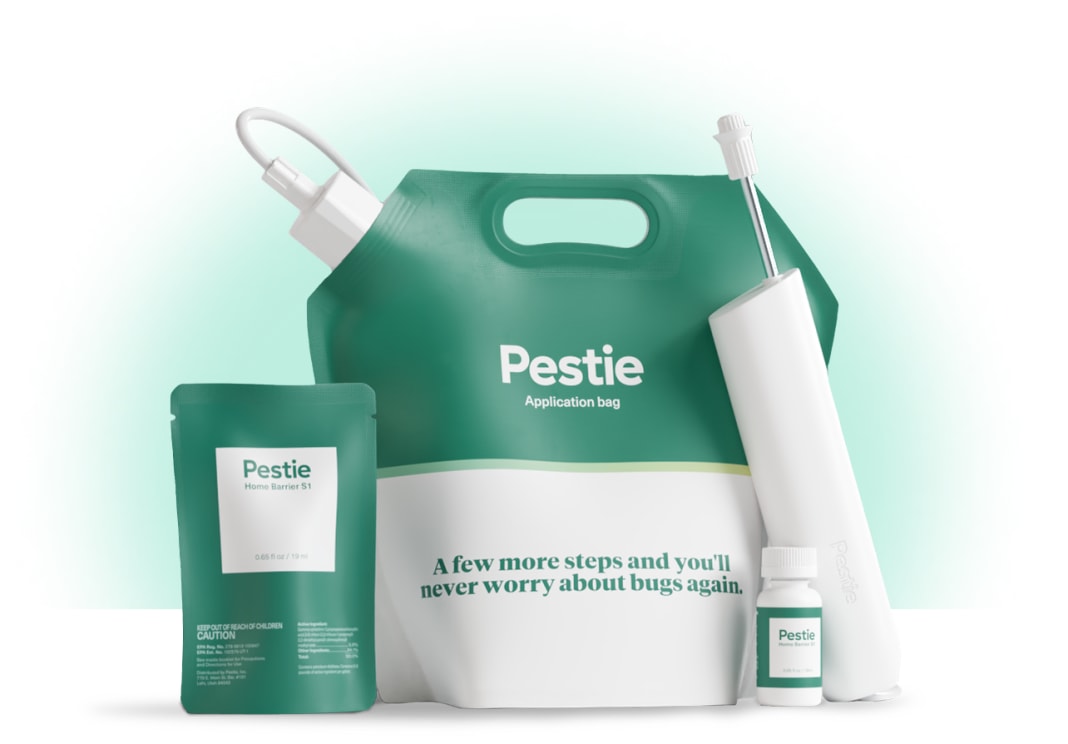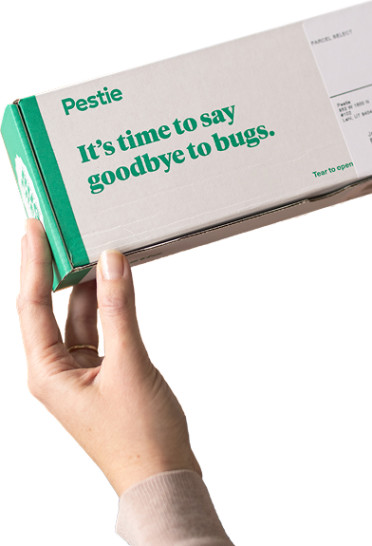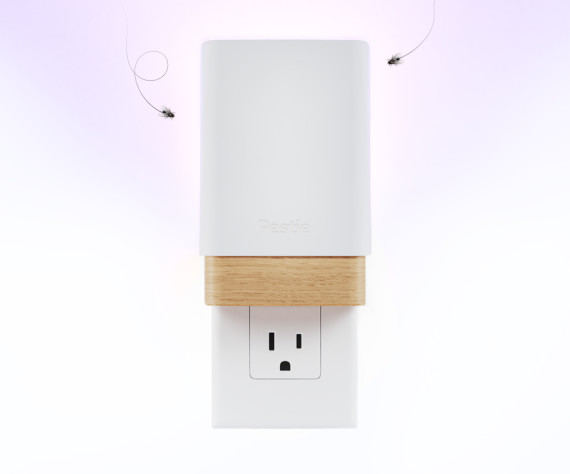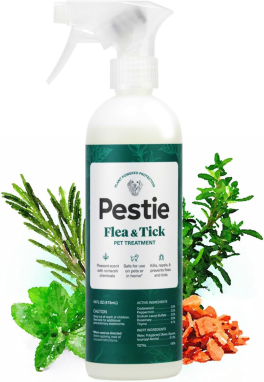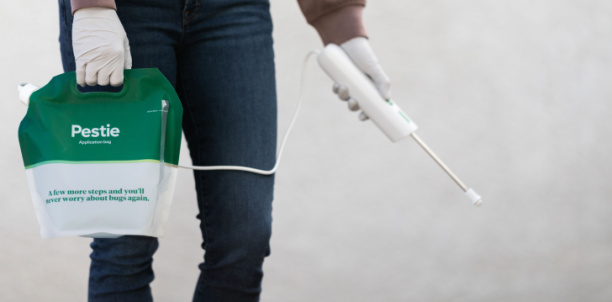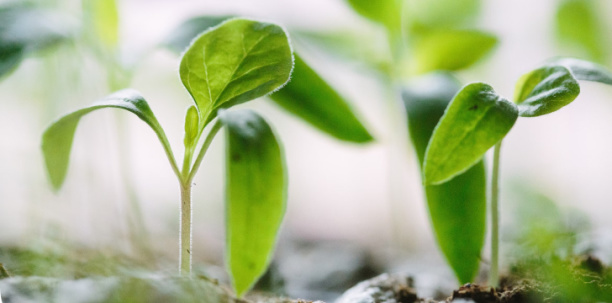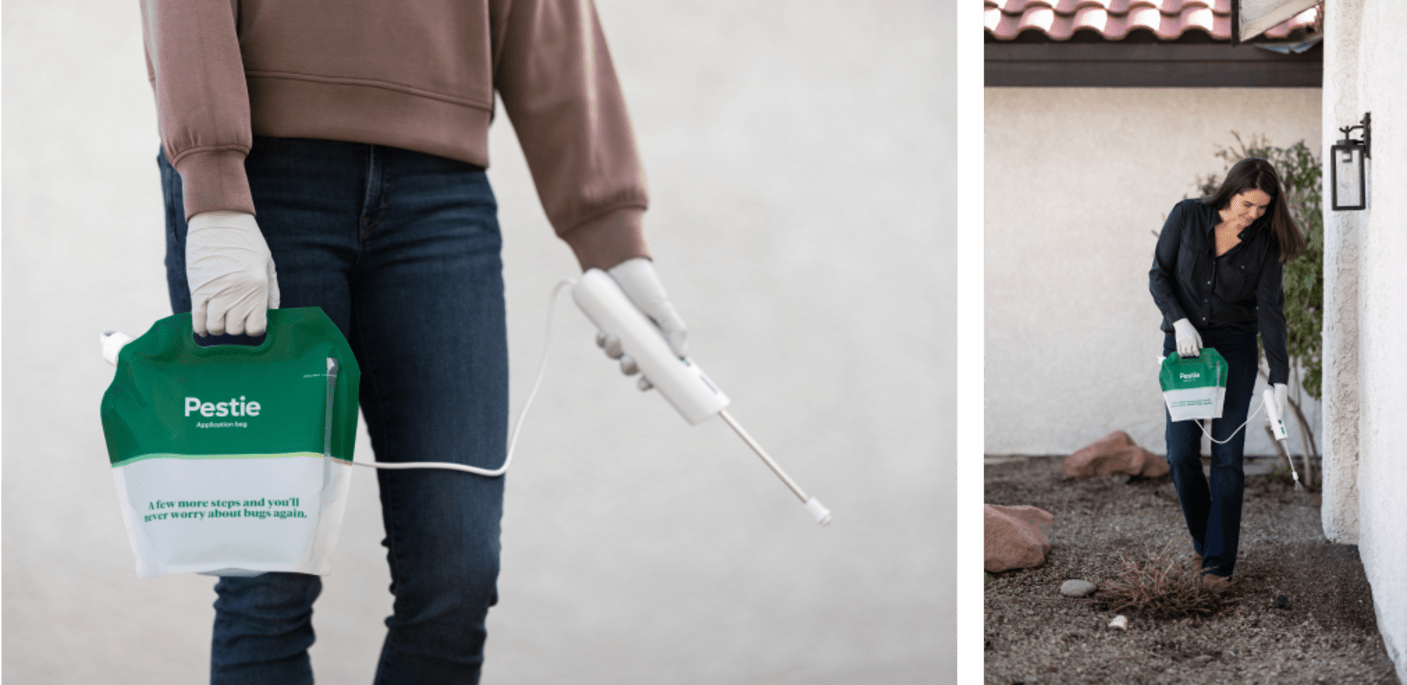How to identify and treat fruit flies
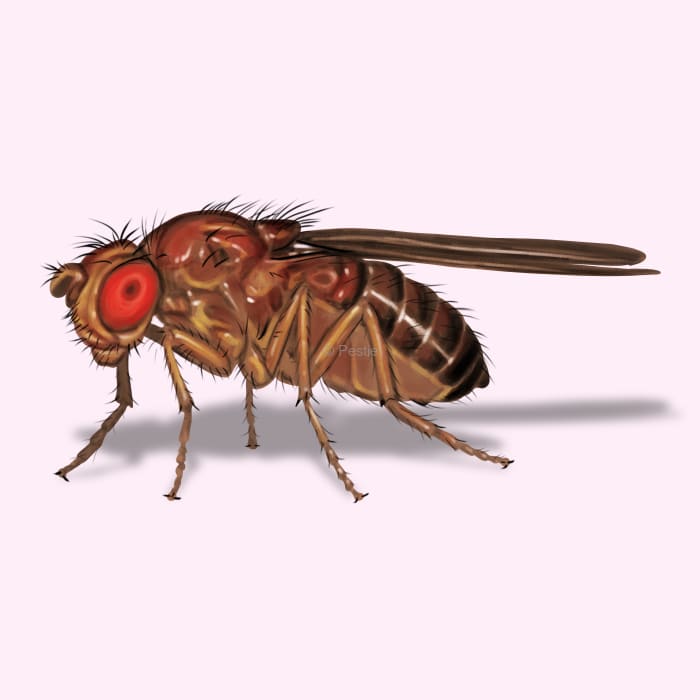
Getting a handle on your fruit fly invasion
A cloud of flies hovering over your fruit bowl can only mean one thing. You’ve let your fruit overripen and fruit flies have decided to call it their home!
Fruit flies love the smell of fruits and vegetables that are past their prime and have started to decay and rot. That’s where they will lay their eggs and hang out for a quick snack of something fermenting.
However, understanding their behavior can help us keep fruit flies from becoming a recurring problem in our homes.
How to identify fruit flies
Fruit flies are tiny little flies that like to hover overripe or decaying fruit, but they can also be attracted to vegetables and juice spills to lay their eggs. Their babies, eyeless and legless maggots, will feed on yeast and sugars and then form a little brown pod, called a pupa, until they emerge as adults. The whole process takes about a week.
Most common fruit flies have red eyes, but some can have darker eyes too. They typically have a yellow or tan body and even though it may be too small to see, they only have two wings.
How big are flies?
Fruit flies are only about 1/8 of an inch. Pretty tiny!
What other flies look like a fruit fly?
Since they are so small and you may only notice them when they are flying, fruit flies may be confused with phorid flies, gnats, or drain flies. Phorid flies run very fast and erratically and drain flies resemble tiny fuzzy moths.
Where do fruit flies live?
Fruit flies can be found all over the world and the common fruit fly, Drosophila melanogaster, can be found in most temperate and tropical areas.
They prefer to seek out rotting fruit and vegetables, as the larvae feed on the yeasts that cause fermentation.
How to get rid of fruit flies
Fruit flies seem to come out of nowhere, and eradicating them from your kitchen can be tricky, but not impossible. The best solution for eliminating fruit flies is to remove the source of attraction, AKA the ripe or overripe fruit.
Storing fruits and vegetables in the fridge or sealed containers can keep fruit flies from reaching your produce.
You’ll also want to check your pantry for a stray rotten potato or onion that’s been forgotten in the back or look for juice spills under appliances. Cleaning out drains or plugging them up before bedtime will also keep fruit flies from breeding in there.
Once you have identified where the flies might be coming from, you can use a product like Pestie to treat areas where they frequently land. This can include around windows, in indoor potted plants, or near your trash can. Keep in mind that you should never treat counters or other places where you do food prep. If you still have questions about where to treat, our team of bug experts can give you custom treatment tips based on your home.
Treat fruit flies with Pestie
If you're still having trouble keeping fruit flies away, the best option is to use a pro-grade, effective pest control solution like Pestie.
Pestie is a do-it-yourself pest control solution that's specially designed to keep fruit flies and other pests away from your home.
With Pestie, you can rest easy knowing that your living space is protected and free of creepy crawlies. And the best part? It's designed for people, pets, and the planet, so you can say goodbye to harsh chemicals and hello to peace of mind!
- Save hundreds compared to traditional annual pest plans
- People, pet, and planet-friendly
- Pro-grade customized formulas
Quick facts
- Scientific name
Drosophila melanogaster
- Other common names
Vinegar Flies, Pomace Flies, Banana Flies, Lesser Fruit Flies
- Colors
Tan and brown
- Life span
2 months
- Diet
Fermenting/rotting fruits, vegetables, and juices
How dangerous are Fruit Flies?
Low danger risk
Fruit flies are more of an annoyance than harmful. They can accelerate food going bad and they can lay their eggs in produce that has cracks or wounds, thus spoiling the food.
Fruit flies are one of the most studied organisms in the world. Scientists use them to study things like genetics and evolution.
